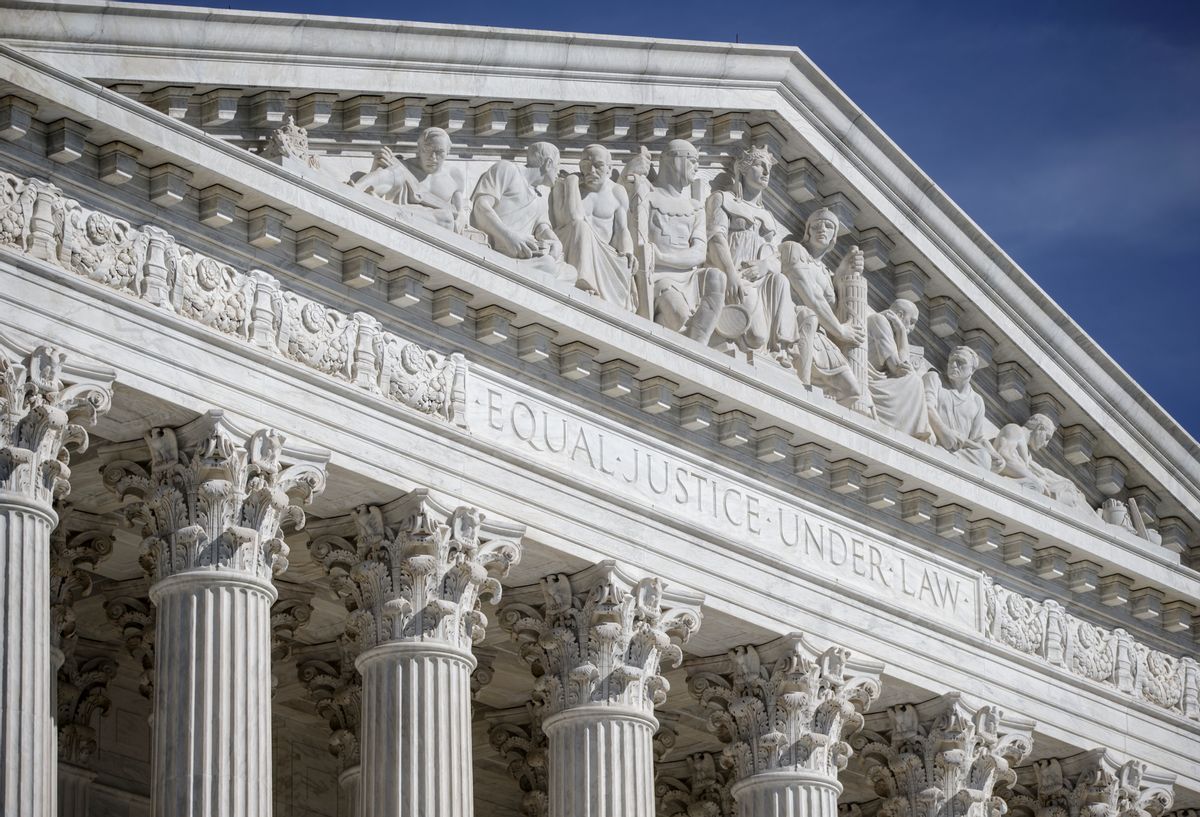On June 26, the U.S. Supreme Court ruled in favor of pro-life crisis pregnancy centers by holding that a 2015 California law regulating them, the Reproductive FACT Act, violates the First Amendment.
I am a constitutional law professor who has written extensively on the First Amendment.
These religion-based pregnancy care centers try to discourage women from seeking abortions. The act requires centers to post notices advising clients about state family planning and pregnancy-related services, including abortion. The notices describe FDA-approved methods of contraception, prenatal care and abortion and include the phone number of the county social services office.
The law’s stated purpose is to “ensure that California residents make their personal reproductive health care decisions knowing their rights and the health care services available to them.”
When the California Legislature enacted the law, it found that crisis pregnancy centers “pose as full-service women’s health clinics, but aim to discourage and prevent women from seeking abortions.” The centers engaged in “intentionally deceptive advertising and counseling practices that often confuse, misinform, and even intimidate women from making fully-informed, time-sensitive decisions about critical health care.”
The crisis pregnancy centers argued that the FACT Act forces them to convey information that they don’t want to provide, thus violating their First Amendment right to refrain from speaking.
In the Supreme Court’s 5-4 decision in National Institute of Family and Life Advocates v. Becerra, the court held that the California law was a content-based regulation of professional speech that forced the crisis pregnancy centers to convey a government message that they didn’t want to convey.
The court majority also commented on a 1992 case, that upheld a Pennsylvania law requiring physicians, before performing an abortion, to inform the woman of printed state materials. These materials included information about medical assistance for childbirth; information about child support from the father; and a list of agencies that provide adoption and other services as alternatives to abortion.
That case was different, said the court, because the requirement applied to doctors who were about to perform a medical procedure. The state, in regulating the medical procedure and ensuring that the woman gave her informed consent, could require that the doctor give her information relevant to that procedure.
This means the court has now held that the state can require a doctor to assist the state in trying to persuade a woman not to have an abortion. But the state cannot require a crisis pregnancy center to provide women seeking their assistance with information that is highly relevant to their pregnancy.
Robert A. Sedler, Distinguished Professor of Law, Wayne State University



Shares